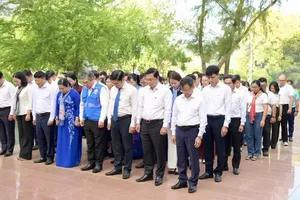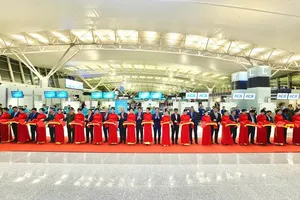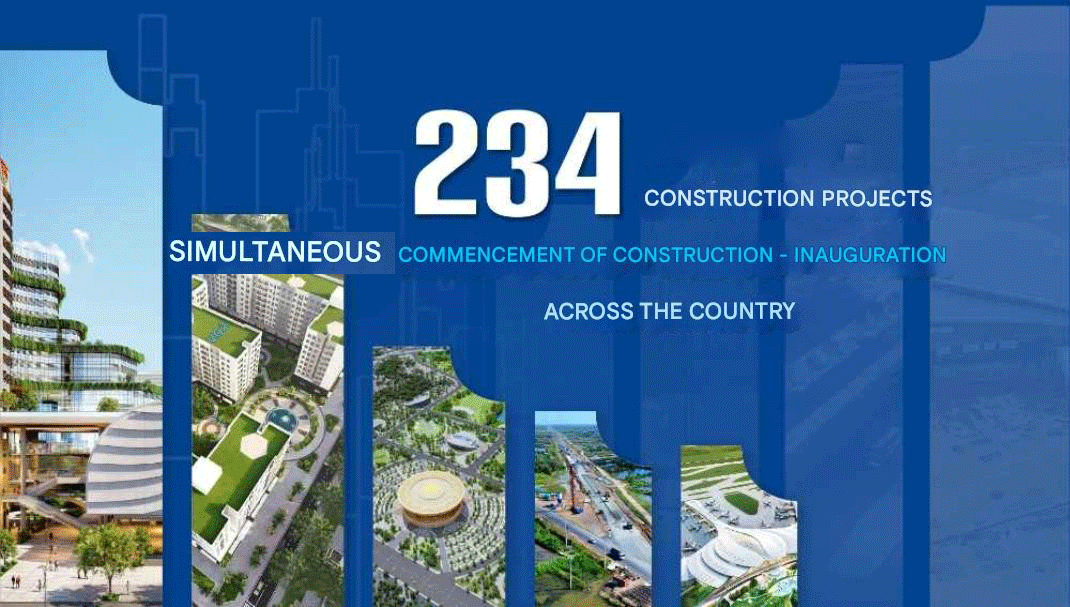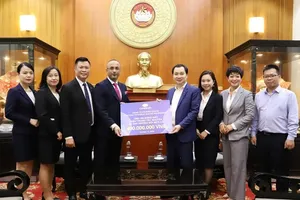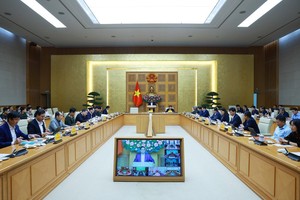National Assembly deputies yesterday discussed a Standing Committee report on wrongful convictions and compensation for those involved.
The report said the number of crimes had increased considerably in recent years - and they had become more sophisticated.
"Generally speaking, investigation activities and criminal cases are held in accordance with the law and upheld citizens' legal rights and interests," the report said.
However, it admitted weaknesses and shortcomings occurred during some investigations, criminal proceedings and trials.
In the period from October 1, 2011 to September 30, 2014 there were 219,506 cases in which a total of 338,379 people were put on trial.
Of these, 71 people were wrongfully convicted – or just 0.02 per cent. Although the number of wrongful convictions was small, they affected the victims' dignity and honour as well as their health and property.
"Some serious cases created extreme anxiety among the public, eroding many people's confidence in our justice system and damaging the prestige of our law enforcement agencies," the report said.
The report singled out some of the main reasons leading to wrongful convictions. They included poor law enforcement, and the knowledge of some investigators, inspectors and judges.
In addition, up to 80 per cent of criminal court cases today were held without defence counsels.
In its report, the NA Standing Committee asked investigation offices, People's Inspectorate Institutes and Courts at all levels to take the 2013 Constitution as the lodestar during the performance of their duties.
"When a wrongful conviction is confirmed, compensation must be paid immediately to the victims in accordance with the Criminal Code and the Criminal Procedure Code," the report said.
Deputy Le Dinh Khanh of Hai Duong Province said compensation for people wrongfully convicted was already stipulated in the Law on State Compensation.
He added, however, that there were still problems with different agencies passing the buck on responsibility for paying the compensation.
He said legal documents should identify the level of compensation that agencies and individuals and the courts can rely on, especially in cases that require lengthy court procedures.
Bui Van Xuyen, a deputy from Thai Binh Province, said that when it has been clearly established that a person has been wrongfully convicted, haste must be made in paying compensation. When compensation is sought in such cases, they should not be dealt with as normal civil dispute cases, he said.
At the discussion, Public Security Minister Tran Dai Quang said there had been efforts to inspect prosecuting activities, temporary detentions and in finding early signs of wrongful conviction.
He said it was necessary to highlight clearly the responsibilities of senior police officers and investigators. His ministry was planning to increase the number of investigators in many important localities, Quang said.
Prosecutor General Nguyen Hoa Binh said the office was working hard to prevent wrongful convictions, torture and coerced confessions.
He said one measure being considered was to link via the Internet the court room with the room of the head of the provincial prosecutor's office. This would enable proper assessment of the quality of both prosecutorial work and court proceedings, he added.
Binh said the judicial sector was also working to ensure that civil organisations and the public have a greater say in the court proceedings.
In the case of Nguyen Thanh Chan, who was sentenced to 10 years in prison for a murder he did not commit, the compensation had been finalised at VND7.2 billion, Chief Justice Truong Hoa Binh said yesterday.




